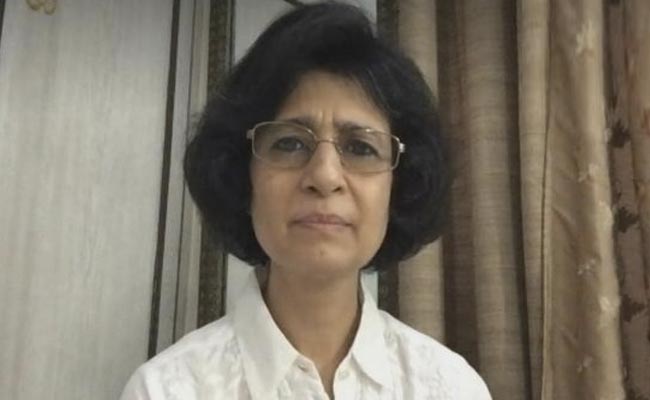- Home/
- Highlights Of The Telethon 1.0
Highlights Of The #StopTheBeautyTest Telethon: An Initiative To Raise Women's Voices Against Beauty Stereotypes

It's time society takes notice of how ugly the quest for beauty really is. Dove believes if we look beyond tall, slim and skin colour, we will discover a whole new world of beautiful.
Take the pledge to #StopTheBeautyTest, click here.
For over a decade, Dove has been working to make beauty a source of confidence, not anxiety, and here's where the journey continues.
Dove India and New Delhi Television Limited (NDTV) present Stop The Beauty Test, a campaign that aims to raise women's voices against beauty stereotypes. Come, let's celebrate beauty in all shapes, colours, and sizes and pledge to create a more accepting society where there is no one particular definition of beauty.
Here are the Highlights of the Dove #StopTheBeautyTest Telethon:

Take The Pledge
It's time society takes notice of how ugly the quest for beauty really is.
Dove believes if we look beyond tall, slim and skin colour, we will discover a whole new world of beautiful.
Take the pledge to #StopTheBeautyTest
About The Campaign
Dove, last year, began a movement provoking the nation to confront how beauty biases are amplified during the process of finding a life partner. The campaign showcased how the remarks deeply impacted the self-esteem of prospective brides. While addressing these angsts and discouraging societal stereotypes within the construct of marriage, the brand uncovered a key moment of truth wherein the first tryst with appearance-led anxiety amongst women started much younger - as early as adolescence. At a time when these girls should be concentrating on education, they are being unknowingly subjected to beauty biases by society. This early conditioning and grooming leads to them being graded as per a societal prescription of beauty - significantly affecting their overall confidence.
Dove’s #StopTheBeautyTest 2.0, the second leg of the initial campaign, has shifted its focus on the root of the problem - from prospective brides to teenage girls. The film features real girls who narrate real stories of how they have been subjected to varied beauty tests based on their appearances and thereby rated by society on their looks instead of their intellect / aptitude. 80% of Indian school girls have faced this test.
*Based on the research conducted by Hansa Research during Dec'20. N=1057 females across 17 urban cities in India.









